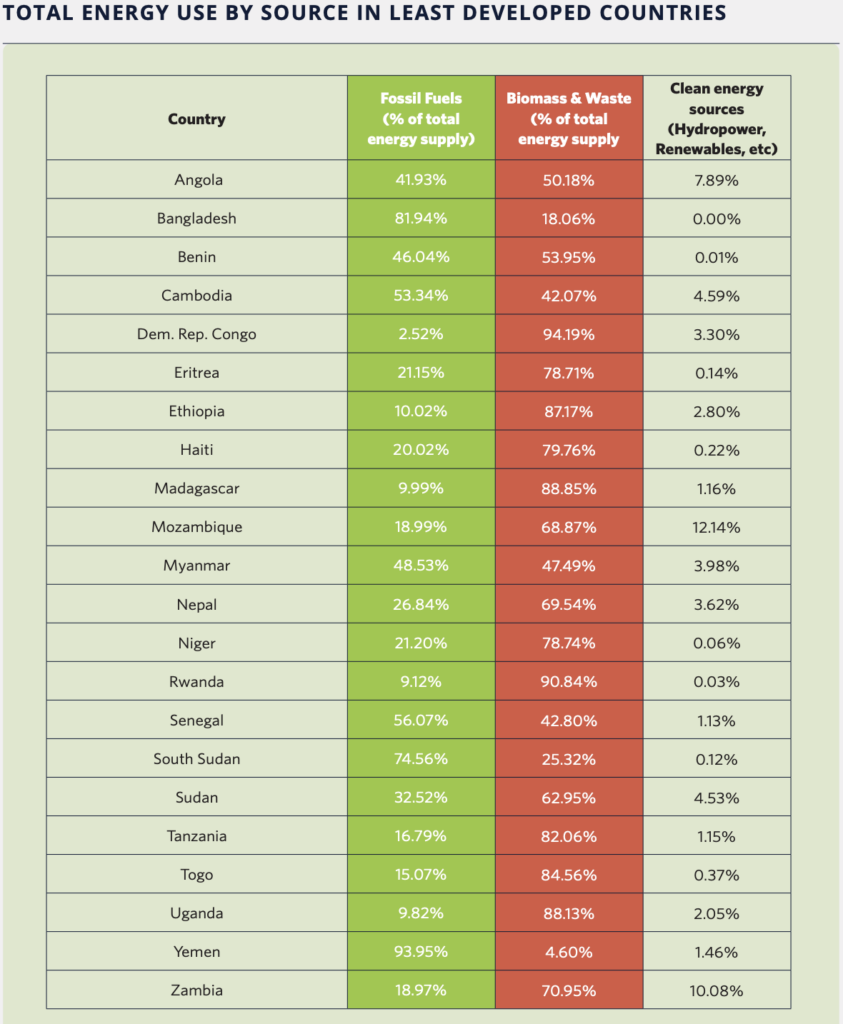Conversations around the environment tend to focus exclusively on climate change, which is important, but it is not the only challenge that humans face. One oft-overlooked yet critically important example of this is air quality. Air pollution is one of the leading causes of premature deaths in the world, accounting for more fatalities than alcohol use, unsafe water, and unsafe sanitation, combined. The World Health Organization estimates that ambient air pollution and household air pollution causes 6.7 million premature deaths annually, with a majority of these deaths occurring in Africa.
>>>READ: A Clean Economy is a Free Economy
Reducing air pollution-related deaths will be challenging. Economic freedom can help. The newly released 2023 Free Economies are Clean Economies report shows the strong, positive relationship between a country’s air quality and its score on The Heritage Foundation’s Index of Economic Freedom. As a country becomes more economically free, its air pollution-caused deaths tend to diminish. In many ways, a country’s embrace of economic freedom can literally be a matter of life and death.
One way in which economic freedom delivers cleaner air is by accelerating prosperity. Higher living standards allow citizens and governments to invest in cleaner cooking systems, reliable infrastructure, and more innovative technologies. At higher levels of prosperity, countries with strong institutions pass laws and regulations to install pollution-control technologies. Increasing a country’s level of prosperity is integral to reducing indoor and outdoor air pollution-caused deaths.
Looking at the energy mix of the 22 Least Developed Countries, —which the U.N. defines as “low-income countries confronting severe structural impediments to sustainable development [that] are highly vulnerable to economic and environmental shocks and have low levels of human assets,”— as a case study, we see just how important prosperity is.

A vast majority of citizens in these countries rely on biomass and waste to meet their energy needs. The heavy use of biomass and waste is particularly troubling, especially since it is primarily used to cook meals or heat and power small spaces. Burning these sources produces particulate matter that either worsens underlying health conditions or creates new problems. The use of these materials also contributes to deforestation, which further reduces air quality everywhere in regions.
While correlation is not causation, our Free Economies report is not the first to examine this relationship. Writing for the Fraser Institute in 2014, Joel Wood and Ian Herzog find, “a permanent one-point increase in the Economic Freedom of the World index results in a 7.15% decrease in concentrations of fine particulate matter in the long-run, holding all else equal.”
Another relevant factor to a country’s air quality is its government integrity—which is a critical component of its economic freedom score. Strong institutions hold polluters accountable and save lives. Well-functioning governments can implement and enact abatement policies to reduce dangerous levels of smog and pollution.
>>>READ: COP28: Economic Freedom is the Solution
They are also critical for increasing energy access. While privately owned utilities are a standard practice in the United States, much of the developing world relies on the government to expand electricity access and energy infrastructure. This strategy can succeed in countries whose governments are not corrupt. However, in countries where fraud is rampant, a publicly owned electricity system can lead to blackouts and loss of power for days.
One example is South Africa, where fraud, bribery, and corruption at state-owned Eskom have led to rolling blackouts and higher energy costs for consumers. Paul Burkhardt of Bloomberg reported:
At every step of its supply chain, the utility, which is responsible for producing 90% of South Africa’s energy, has had to defend itself against armed robbery, fuel theft, sabotage and corruption — all of which are increasing the risk of a complete power outage that could devastate a country teetering on the brink of recession.
Addressing air quality issues starts with policies rooted in economic freedom. Emerging economies must look for ways to reduce corruption to expand electricity access. At the same time, industrialized nations must refrain from instituting draconian thinking on the developing world. Restricting energy access with top-down policies will trap people in poverty and poor living conditions, exposing them to higher levels of pollution.
To reduce air pollution-caused deaths, the world must turn to economic freedom.
Read the full report here.
The views and opinions expressed are those of the author’s and do not necessarily reflect the official policy or position of C3.
